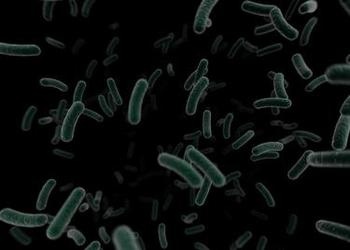Vertical News
The Odor of Disease

In times past, the smell of the sickroom got a lot of mention in medical manuals, and it seems it wasn’t without cause. Immune response, when increased to fight pathogens, produces a unique odor noticeable by others, according to a recent study from Sweden.
Study participants were injected with a bacterial toxin or inert salt water and then the clothes the study subjects had worn were smelled by other university students and rated. The clothes of those who received the toxin injection were rated as smelling the most unpleasant. Scientists theorize that smelly sick people might be a cue to avoid them in order to avoid illness (Rachael Rettner, “Body’s Response to Disease Has a Smell, Study Suggest,” Live Science at livescience.com, January 24, 2014).
An evolved “quarantine” instinct to avoid the sick? Not likely, but the true concept of a quarantine for the benefit of others was given to Ancient Israel with the Biblical books of Moses (Genesis, Exodus, Leviticus, Numbers, Deuteronomy). Those with illnesses, particularly leprosy, were, if found to be infected, to be isolated from the rest of the population until they recovered (Leviticus 13:1-59). Obviously, God intended to spare Israel the spreading of illness if they followed this command.
It still works, too! If we are sick, or coming down with an illness, we need to rest and curtail our social activities until we are recovered. This gives us the time to heal and protects others from a communicable illness. God’s love in action!
